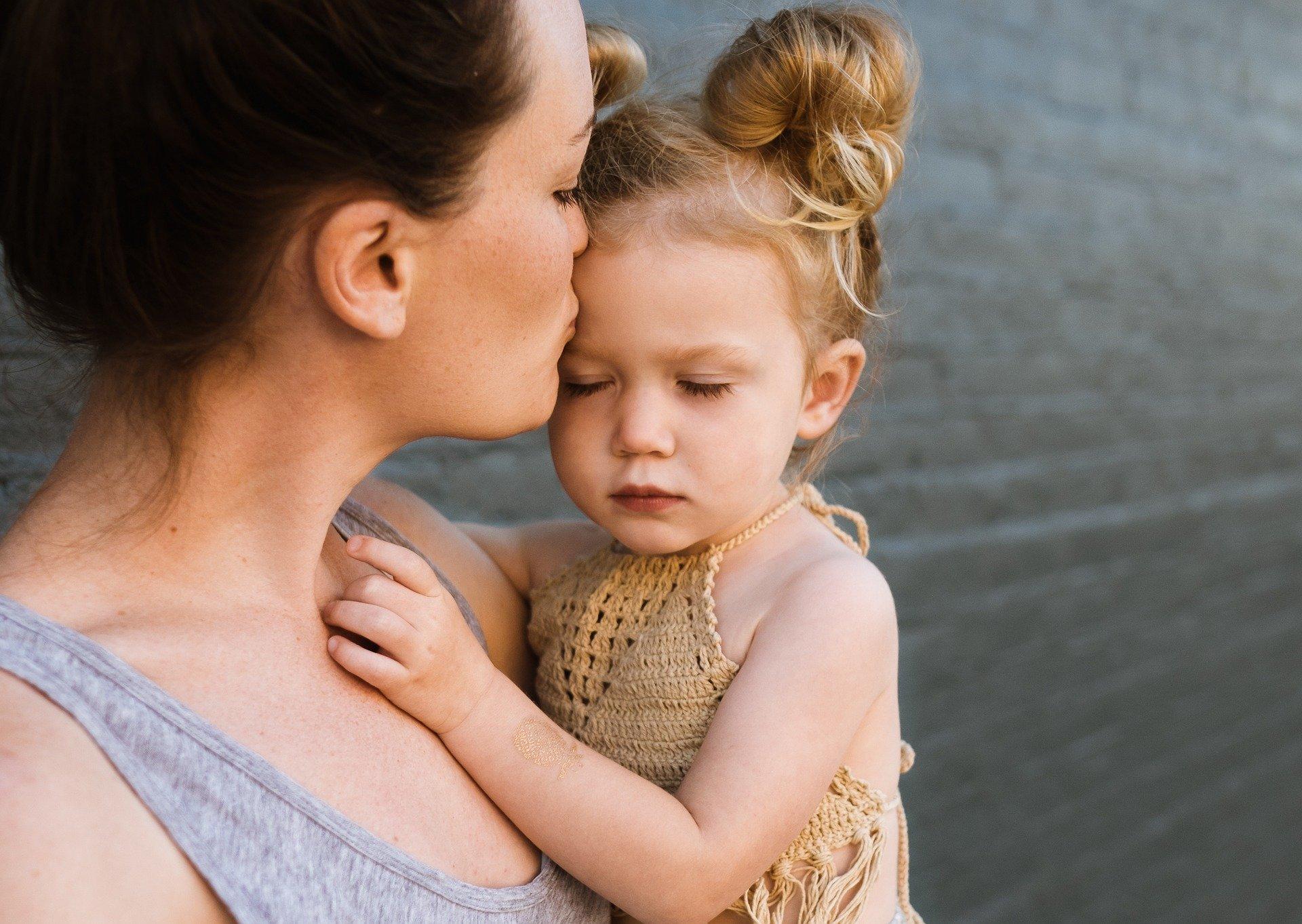Conditional Parenting
We can love our children in different ways. The book looks at one such distinction---between loving kids for what they do and loving them for who they are.
The first is conditional, which means it must be earned by the children through acting in ways we deem appropriate, or by performing up to our standards.
The second sort of love is unconditional: It is given either way and is not based on whether they are successful or well behaved or anything else.
428
2.92K reads
CURATED FROM
IDEAS CURATED BY
The idea is part of this collection:
Learn more about books with this collection
How to communicate effectively with teachers
How to create a supportive learning environment at home
How to manage your child's school schedule and activities
Related collections
Similar ideas to Conditional Parenting
Differences between conditional and unconditional parenting
Conditional parenting:
- Focus: Behavior (what can be observed from the outside)
- View of Human Nature: Negative (child will abuse power or behave badly)
- View of Parental Love: A privilege to be earned (and never to be given freely)
- Strategies: "Doing to" (Con...
What Happens to the Parentified Child
Parentified children are not given the time, care, love, emotional support, or security needed to develop and thrive. They are deprived of the opportunity to learn through observation and guardianship.
If they were to be vulnerable, they are either ignored or sometimes pu...
Four Phases of Raising Kids
As we lead our kids, there are different phases where our leadership morphs into a new style, always loving but ever guiding the emerging adult.
1. Discipline Phase (Ages 1-5). This is when children learn boundaries.
2. Training Phase (Ages 6-12). Thi...
Read & Learn
20x Faster
without
deepstash
with
deepstash
with
deepstash
Personalized microlearning
—
100+ Learning Journeys
—
Access to 200,000+ ideas
—
Access to the mobile app
—
Unlimited idea saving
—
—
Unlimited history
—
—
Unlimited listening to ideas
—
—
Downloading & offline access
—
—
Supercharge your mind with one idea per day
Enter your email and spend 1 minute every day to learn something new.
I agree to receive email updates


